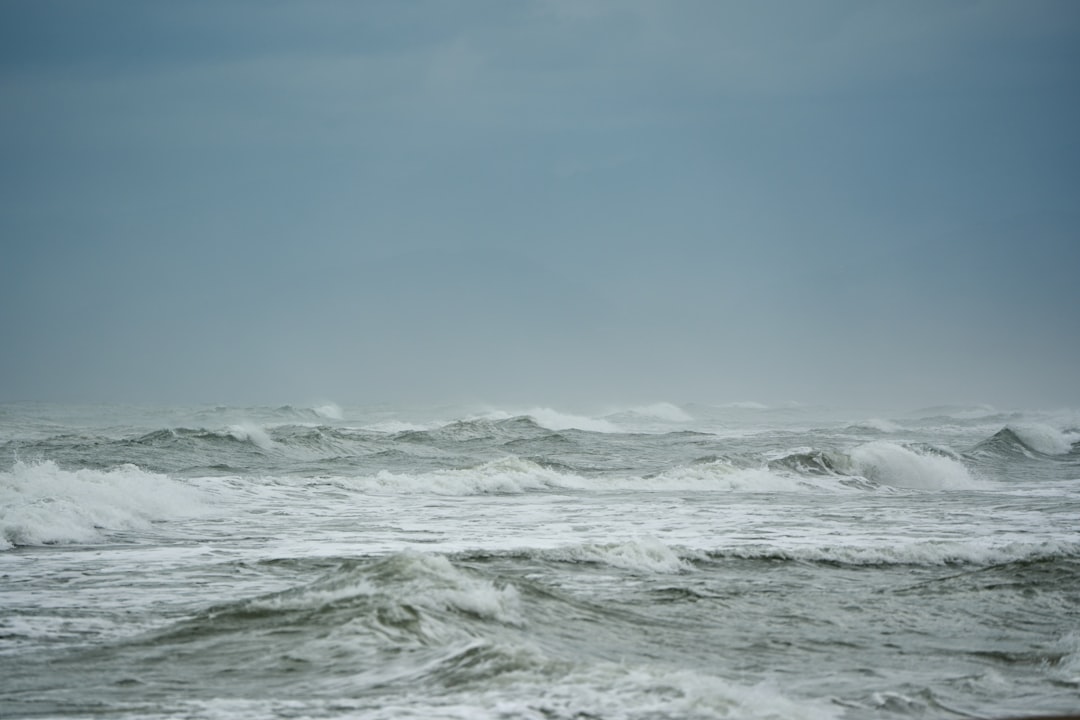Hurricane Gabrielle Intensifies: Complete Travel Safety Guide 2025
Hurricane Gabrielle is growing stronger. This storm brings dangerous weather. Many travelers face risks. This guide helps you stay safe. Learn about hurricane paths. Get tips for your trips. Know how to prepare. Read on for important details.
Understanding Hurricane Gabrielle's Path
Hurricane Gabrielle started as a tropical storm. It gained power quickly. The storm moves northwest. It may hit coastal areas. Winds are now over 75 mph. Heavy rain will follow. Floods are likely in low areas.
The National Hurricane Center tracks Gabrielle. They update every six hours. You can see their latest maps. Storms can change direction fast. Always check recent reports.
Current Storm Location and Speed
Gabrielle is in the Atlantic Ocean. It moves at 12 mph. The center is east of Florida. It may reach land in two days. Some islands already feel effects. Waves are high. Beaches have strong currents.
Predicted Areas of Impact
These places might get hit hard:
- Florida east coast
- Georgia coast
- South Carolina coast
- Bahamas islands
Even inland areas could flood. Rain may fall for days. Rivers might overflow.
How Hurricanes Form and Strengthen
Hurricanes need warm water. Ocean temperatures must be over 80°F. Warm air rises from the sea. This creates clouds and wind. The storm spins due to Earth's rotation.
Storms get names when winds reach 39 mph. They become hurricanes at 74 mph. Category 3 hurricanes have winds over 111 mph. These cause major damage.
The Role of Climate Change
Climate change affects hurricanes. Warmer oceans make stronger storms. Sea level rise worsens flooding. Recent years had more major hurricanes. Scientists continue to study this.
Travel Advisory for Affected Regions
Check travel warnings before trips. Many airlines allow free changes now. Some airports may close. Roads could flood. Have backup plans ready.
If you must travel, pack extra supplies. Include medicines and food. Keep phones charged. Tell family your plans. Avoid coastal areas during storms.
Air Travel Disruptions
Flights may cancel or delay. Contact your airline for updates. Airport websites show real-time status. Don't go to the airport without checking first.
Road Travel Conditions
Driving in hurricanes is dangerous. High winds can blow cars over. Floods make roads impassable. Never drive through standing water. It may be deeper than it looks.
Emergency Preparedness Checklist
Prepare before the storm arrives. Follow this simple checklist:
- Fill gas tanks in vehicles
- Withdraw some cash
- Charge all electronic devices
- Fill bathtubs with water
- Secure outdoor furniture
- Pack important documents
- Stock non-perishable food
- Have flashlights and batteries
Evacuation Planning
Know your evacuation route. Listen to local officials. Leave early if told to evacuate. Bring pets with you. Have a meeting place for family.
Real-Time Weather Monitoring Resources
Stay informed with these trusted sources:
- National Hurricane Center
- National Weather Service
- Ready.gov Emergency Preparedness
- FEMA Disaster Response
- American Red Cross
Download weather apps to your phone. Enable emergency alerts. Many areas have text alert systems. Sign up for local notifications.
Historical Hurricane Comparison
Previous storms help us understand risks. Hurricane Katrina (2005) caused terrible damage. It taught us about flood protection. Hurricane Sandy (2012) hit the northeast. It showed how storms can affect cold areas.
More recently, Hurricane Ian (2022) struck Florida. It caused over $100 billion in damage. These storms remind us to respect nature's power.
Hurricane Statistics
The Atlantic hurricane season runs June to November. Peak activity is August to October. An average season has 14 named storms. About 7 become hurricanes. 3 become major hurricanes (Category 3+).
Step-by-Step Hurricane Safety Guide
Follow these steps when a hurricane approaches:
- Monitor official forecasts regularly
- Complete your preparedness checklist
- Review evacuation routes and plans
- Secure your home and property
- Evacuate if instructed or if unsafe
- Stay indoors during the storm
- Avoid flooded areas and downed power lines
- Wait for official all-clear before going out
Frequently Asked Questions
What should I do if I'm traveling during hurricane season?
Check weather forecasts before your trip. Purchase travel insurance. Know your hotel's evacuation plan. Keep important documents safe.
How much warning time will I have before a hurricane hits?
Forecasts usually provide 2-5 days warning. However, storm paths can change. Monitor updates frequently as your travel date approaches.
Can hurricanes affect cruise ships?
Yes. Cruise lines monitor storms closely. They often change itineraries to avoid bad weather. Ships can handle rough seas but try to avoid hurricanes.
What's the difference between a hurricane watch and warning?
A watch means possible hurricane conditions within 48 hours. A warning means expected hurricane conditions within 36 hours. Take immediate action for warnings.
Should I cancel my vacation if there's a hurricane nearby?
Consider postponing if the storm will affect your destination. Contact your hotel and airlines about cancellation policies. Safety should come first.
How can I protect my home if I'm away during a hurricane?
Install storm shutters or board windows. Secure outdoor items. Have someone check your property if possible. Take photos of your home before leaving.
What supplies should I have for hurricane preparedness?
Keep water (1 gallon per person per day), non-perishable food, flashlight, batteries, first aid kit, medications, and important documents ready.
Conclusion: Stay Safe During Hurricane Season
Hurricane Gabrielle reminds us to respect nature. Proper preparation saves lives. Stay informed through official sources. Follow evacuation orders when given. Help neighbors who may need assistance.
Travel safely during hurricane season. Check forecasts regularly. Have backup plans ready. Your safety matters most. Share this guide with others who might need it.
Remember: better to prepare and not need it than need it and not prepare. Stay safe everyone!

